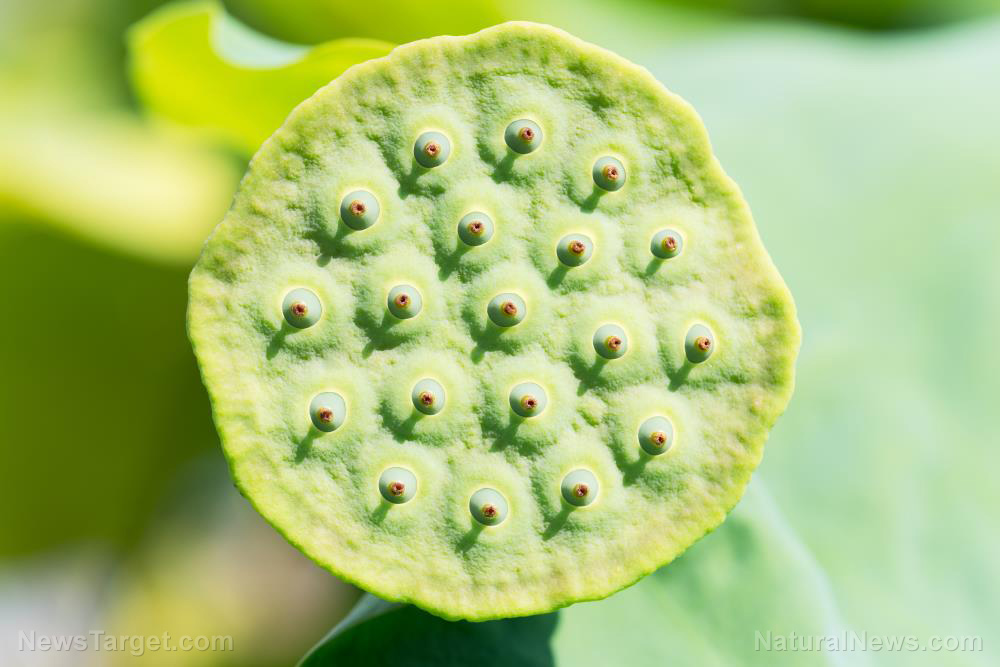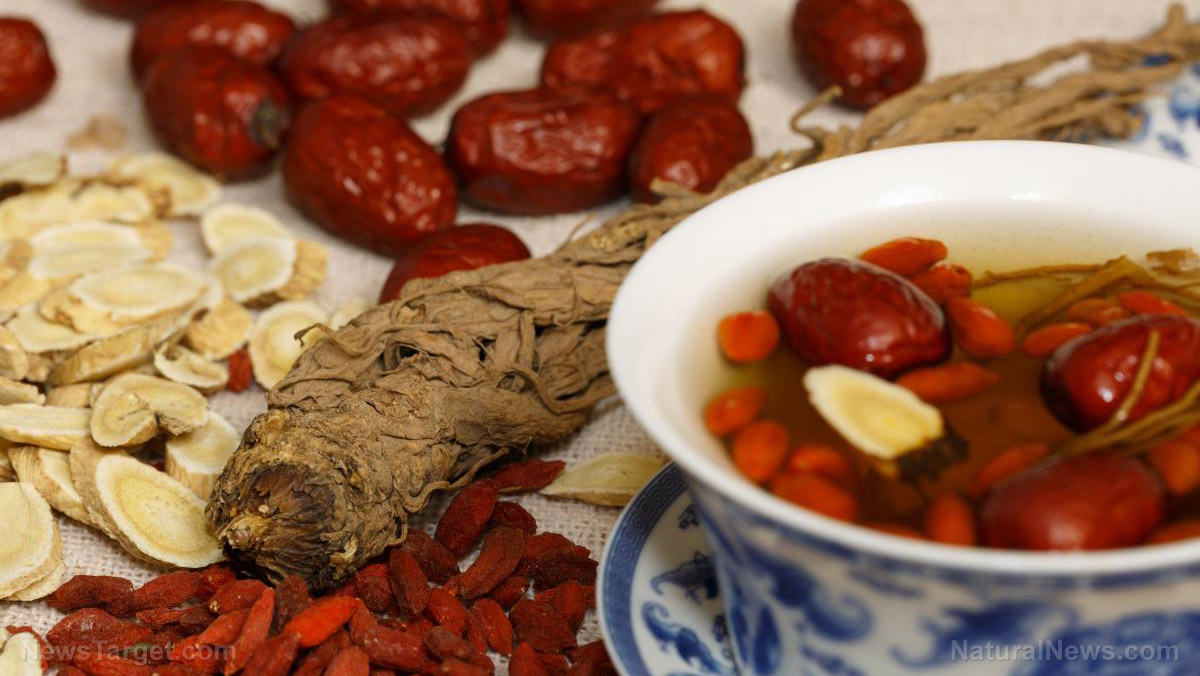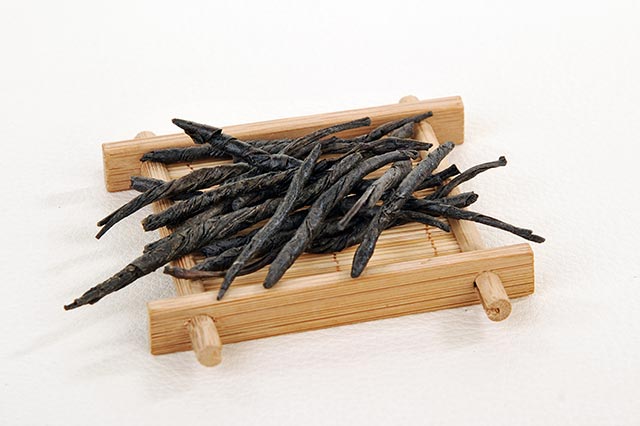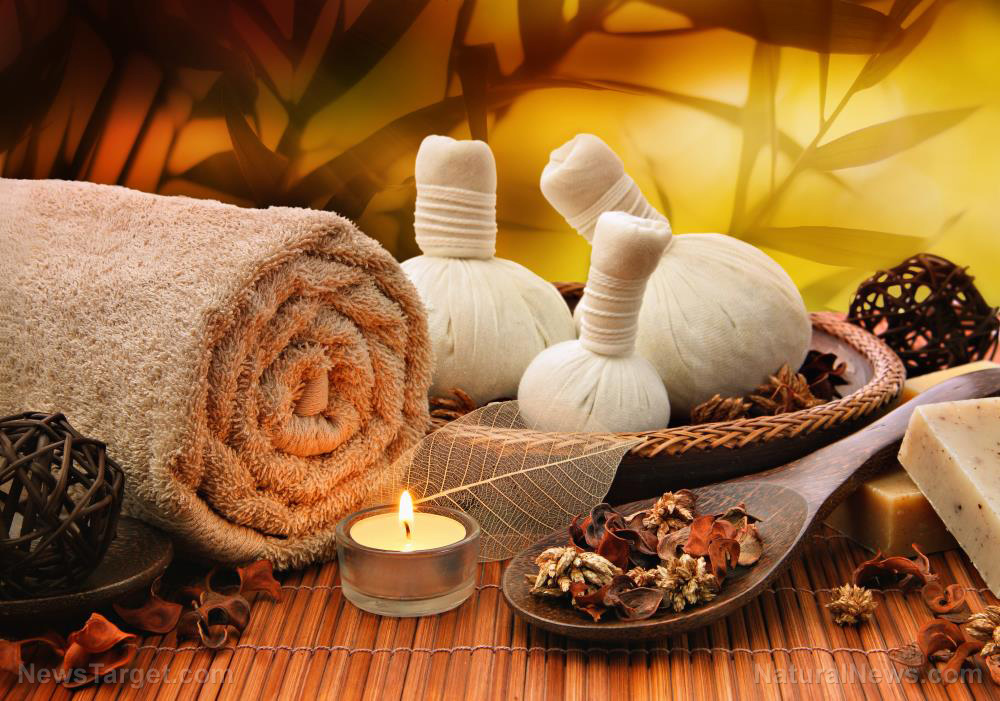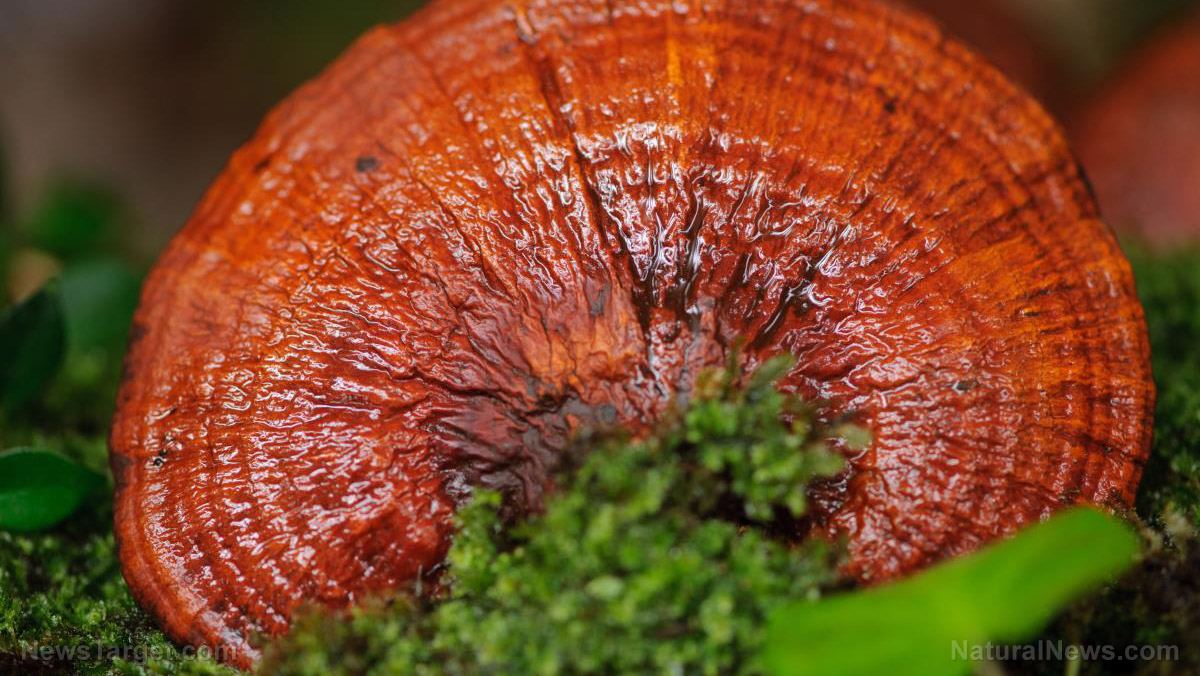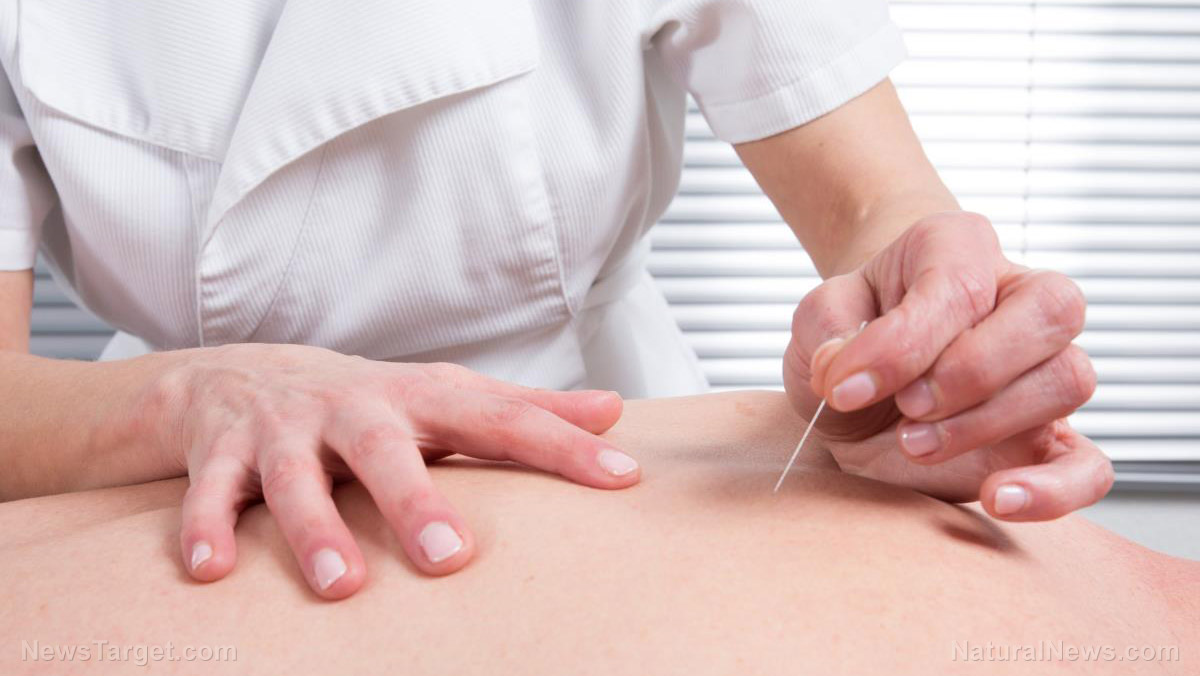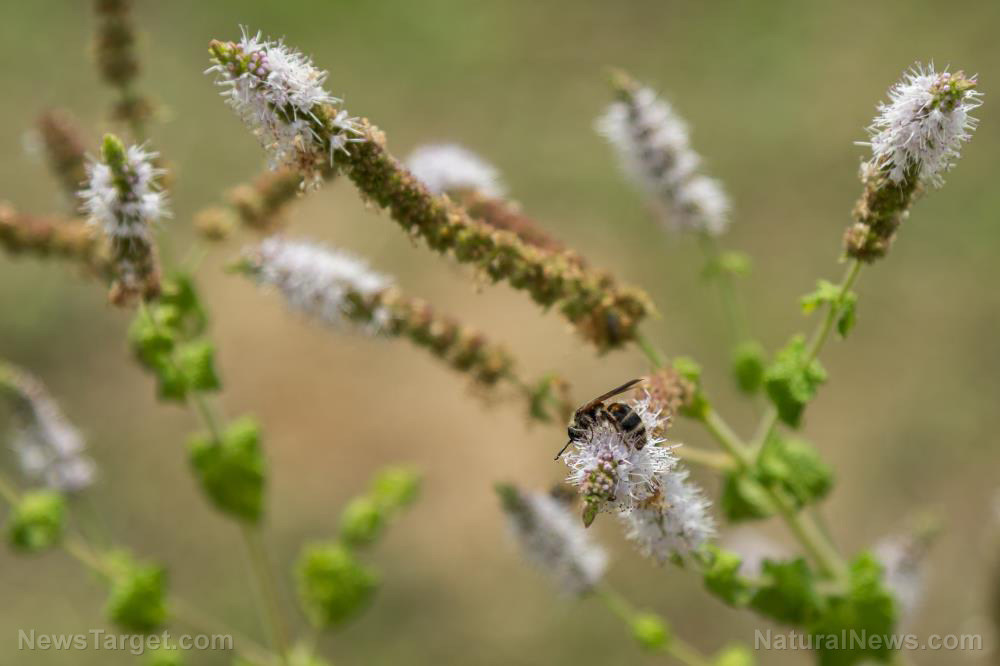Positive outcome of auricular acupressure in children with anxiety-triggered nail-biting
12/06/2019 / By Evangelyn Rodriguez
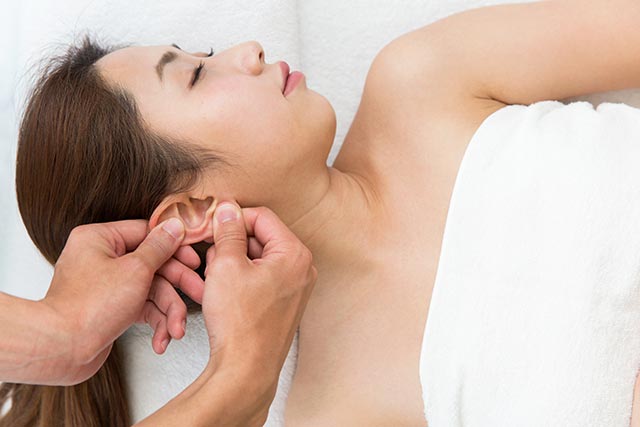
In this study, researchers from China investigated whether the potential anxiety relief provided by auricular acupressure can improve the efficacy of habit reversal treatment. Their findings were published in The Journal of Alternative and Complementary Medicine.
- Nail-biting leads to a variety of health issues.
- Habit reversal treatment can help people cease nail-biting, but it is often ineffective since patients continue to suffer from anxiety.
- In a pragmatic, randomized, crossover pilot clinical trial, 83 nail biters aged eight to 12 received habit reversal treatment in combination with either auricular acupressure meant to reduce anxiety (method A) or placebo auricular acupressure (method B).
- The researchers administered the alternative protocol after a two-month washout period.
- They considered the 41-item child self-reported version of the Screen for Child Anxiety Related Emotional Disorders as the primary outcome and the nail growth status (NS), simplified plaque index (SPI) and the simplified gingival index (SGI) as the secondary outcomes. NS represented the fingernail growth of each finger during habit reversal treatment.
- The researchers used a paired sample t-test to assess the differences between methods A and B and the differences in the anxiety scores, NS, SGI and SPI between baseline and each time point.
- A total of 41 children successfully completed both arms of the treatments and attended all the appointments.
- The researchers reported significant differences in the efficacy of habit reversal treatment, the anxiety score, NS and SGI which all favored method A.
Based on these findings, the researchers concluded that auricular acupressure can improve the efficacy of habit reversal treatment by reducing anxiety.
Journal Reference:
Sun D, Reziwan K, Wang J, Zhang J, Cao M, Wang X, Wang X, Liu J, Li B, Dilimaolati R, et al. AURICULAR ACUPRESSURE IMPROVES HABIT REVERSAL TREATMENT FOR NAIL BITING. The Journal of Alternative and Complementary Medicine. 18 January 2019;25(1):79–85. DOI: 10.1089/acm.2018.0063
Tagged Under: alternative medicine, anxiety relief, auricular acupressure, children's health, habit reversal, mental health, nail biting, natural cures, natural medicine, research
RECENT NEWS & ARTICLES
COPYRIGHT © 2017 CHINESE MEDICINE NEWS

